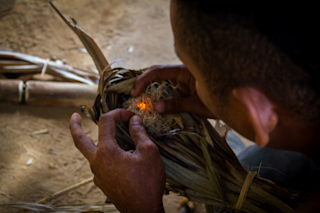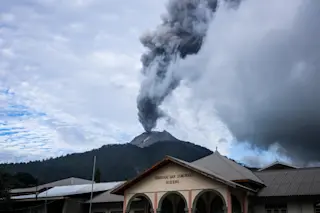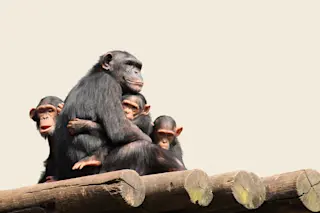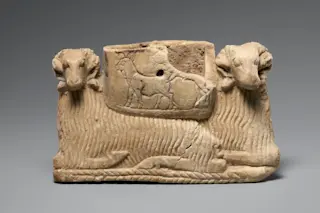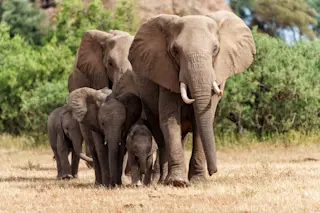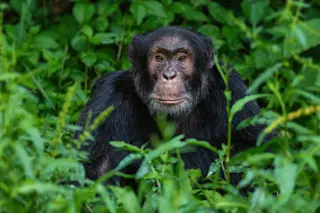The ability to use fire forever changed the fate of the human race: For starters, it allowed our ancestors to cook foods, which made us much more efficient eaters. Instead of gnawing on nuts and berries all day, we could now cook animal meat, which packs much more of a caloric punch.
We also used fire to make more effective weapons and tools. But there’s a lot we don’t know about when humans first encountered fire and its transition into effective, everyday use.
Still, we do know that our evolutionary kin were exposed to fire — or at least aware of it — about two million years ago, well before the arrival of modern humans, says John Gowlett, an archeologist who specializes in human fire at the University of Liverpool. This was around the time of Homo erectus, the first hominin with modern human proportions.
“At first, early humans were ...



